Zack Snyder’s take on Batman may be polarizing, but he’s shown he has a clear grasp on the core of the Dark Knight. Snyder’s version of Batman first debuted in 2016’s Batman v Superman: Dawn of Justice, with Ben Affleck portraying a 20-year veteran of the cowl, and one with much more grit and bitterness than previous versions. The divisive reception to Batman v Superman was followed by years of shifts, changes, and semi-reboots to DC on film, including the grassroots #ReleaseTheSnyderCut fan campaign for Snyder’s original cut of Justice League, but none of that has made Snyder’s DCEU anything but the ultimate comic book movie anomaly.
Despite Snyder not having been directly involved with DC since the completion of Zack Snyder’s Justice League, his DC films and his perspective on superheroes triggers an immediate and deeply passionate response from his fans, haters, and even casual onlookers. Snyder’s recent work as guest editor on October’s superhero issue of Inverse has once again brought the SnyderVerse – and the desire by its many fans to see Snyder’s plans for it completed – once again into the spotlight of superhero movie chatter. And, even more importantly, shown just how definitively Snyder understands the essence of Batman just as much as Snyder understands Superman.
Zack Snyder Took Batman To His Lowest Point – So He Could Climb Back From It
When we first meet Ben Affleck’s Batman in Batman v Superman, he has lapsed into cynicism and bitterness since he first began his crime fighting career 20 years earlier. His mistrust of Henry Cavill’s Superman is driven significantly by the cataclysmic Metropolis battle at the end of Man of Steel, but as Lex Luthor himself later points out, it really didn’t take much to push him over. Bruce Wayne’s heroic idealism has long since been beaten down by the hardships and tragedies of his life as Batman, not the least of which the Joker’s murder of Robin – and, in a twist few saw coming, it was actually Dick Grayson, not Jason Todd, who was the Robin slain by the Joker, one of the countless social media reveals made by Snyder that has kept comic book movie fandom in a perpetual plummet down the SnyderVerse rabbit hole.
Not only is Batman intent on killing Superman to pre-emptively stop the world-ending threat he sees the Last Son of Krypton as, Batman also has a much greater willingness to takes the lives of criminals in general. This is one of the key areas of backlash Batman v Superman has seen, many comic book purists and even general audience members insisting that the Dark Knight using lethal force is a fundamental betrayal of his heroic principals. Putting aside the fact that the Batman of the ‘30s and ‘40s would never had an any such aversion to killing (to say nothing of the casual attitude to maiming and deadly force the Caped Crusader shows in the ongoing Absolute Batman of the new Absolute DC Universe comic book line), the point many miss is that Batman v Superman, and Zack Snyder himself, wholeheartedly agree with that perspective.
Bruce Wayne’s scenes with Alfred Pennyworth (Jeremy Irons) show how taken aback the Dark Knight’s oldest ally is to his increasingly brutal methods. Even as Alfred tries to reason with Bruce that “He is not our enemy!”, he also recognizes that Batman’s bloodlust towards Superman is driven not by the core of his character, but the feeling of helplessness and futility in the face of a being of such immense, seemingly insurmountable strength. As Alfred’s immortal quote of “That’s where it starts, the fever, the rage, the feeling of powerlessness that turns good men cruel”, it is not just the accumulation of great power that can corrupt one’s mind and soul and push them into viciousness – so, too, can the lack of it.
Snyder’s own public comments also illuminate that he sees the fall of Batman as being necessary to show both his revival and his essence. Speaking to Joe Rogan on the Joe Rogan Experience earlier this year, Snyder shared his feelings on the notion of Batman taking lives, stating “People are always like ‘Batman can’t kill’, so ‘Batman can’t kill’ is canon, and I’m like, ‘Well, the first thing I want to do when you say that is I want to see what happens!”, and further stating “You’re making your god irrelevant if he can’t be in that situation. He has to now deal with that.
Snyder later echoed this sentiment in his interview with Frank Miller for Inverse, stating “Well, it’s cool because if you can create a scenario where Batman has to shoot a gun and someone says, “Well, Batman can’t shoot a gun.” And you’re like, “Well, what should he do in this scenario then?” And then if someone says, “Well, don’t put him in that scenario.” I’m like, “Well, that’s a weak character.” You can’t have a character where we’re modifying this scenario because he can’t exist in it. That’s not realistic. Now we’re just creating scenarios that his morality can work inside of, rather than the other way around.”
In essence, Snyder is giving Batman an existential challenge by placing him situations that require him to using lethal force, including in his planned assassination of Superman. And in doing so, Batman discovers how far he has really fallen.
Zack Snyder’s Batman Is Forced To Confront How His Darkness Is Consuming Him
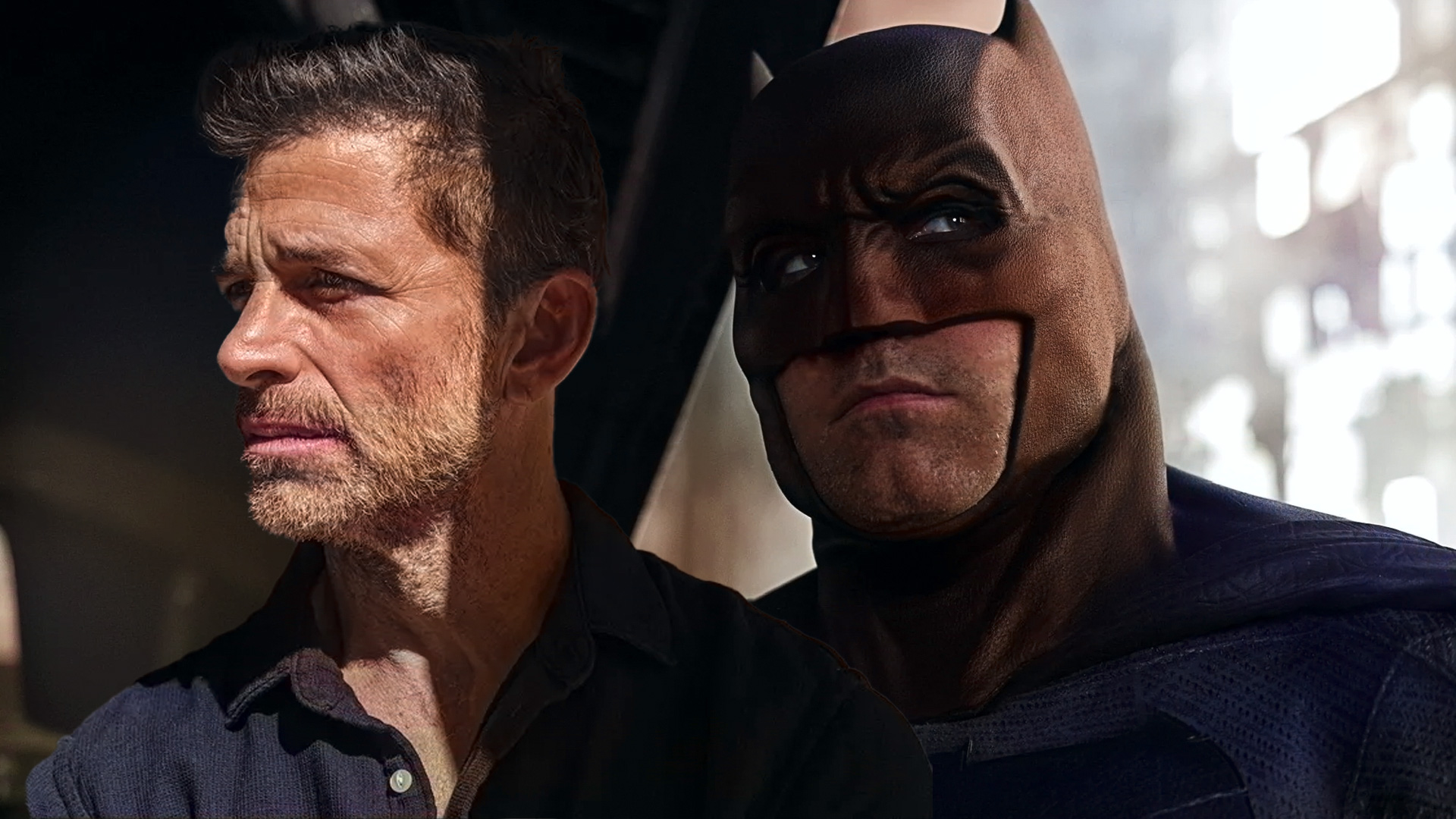
Blinded by his hatred and distrust of Superman, Batman becomes narrow-minded, reckless, and brutal, and it is only when he is on the verge of killing Superman that he is able to see what he has become – a figurative Joe Chill, of sorts, with one Martha moments away from being murdered as he holds a spear to her son’s throat. Few comic book movie debates have spawned as much entrenched and opposing viewpoints as Batman v Superman’s Martha moment, but what detractors miss is that it is the turning point where Batman is able to see for himself what he has descended to and finally join forces with Superman and a newly arriving Wonder Woman (Gal Gadot) to stop Lex Luthor and the monstrous Doomsday.
In witnessing Superman give his life to save the world, Batman doesn’t simply turn over a new leave and reject killing for good, but also takes on a personal penance for the man he became. At Superman’s funeral, Bruce’s words of “I failed him in life, I won’t fail him in death” hold more significance that Batman simply see the error of his ways. Throughout his DCEU film arc, Snyder shows that Superman’s greatest power is his capacity to open people’s eyes for their greatest potential, or for their misdeeds. In Batman’s cases, it’s both, exemplifying that Snyder sees Batman killing as something he needs to recover from just as much as the audience does.
And recover Batman does in Zack Snyder’s Justice League, where he not only returns to the kind of hero he started out as, but the leader he never knew he could be by forming the Justice League and orchestrating the resurrection of Superman. To be sure, Batman still has a darkness in him that he must keep in check – as seen in his threats towards the Joker in the movie’s Knightmare timeline epilogue – but he finally understands what it was turning him into. With the Justice League formed, Batman rises from that darkness, establishing a unity to prepare for the coming battle with Darkseid.
Zack Snyder’s Batman Was Going To Make The Ultimate Sacrifice
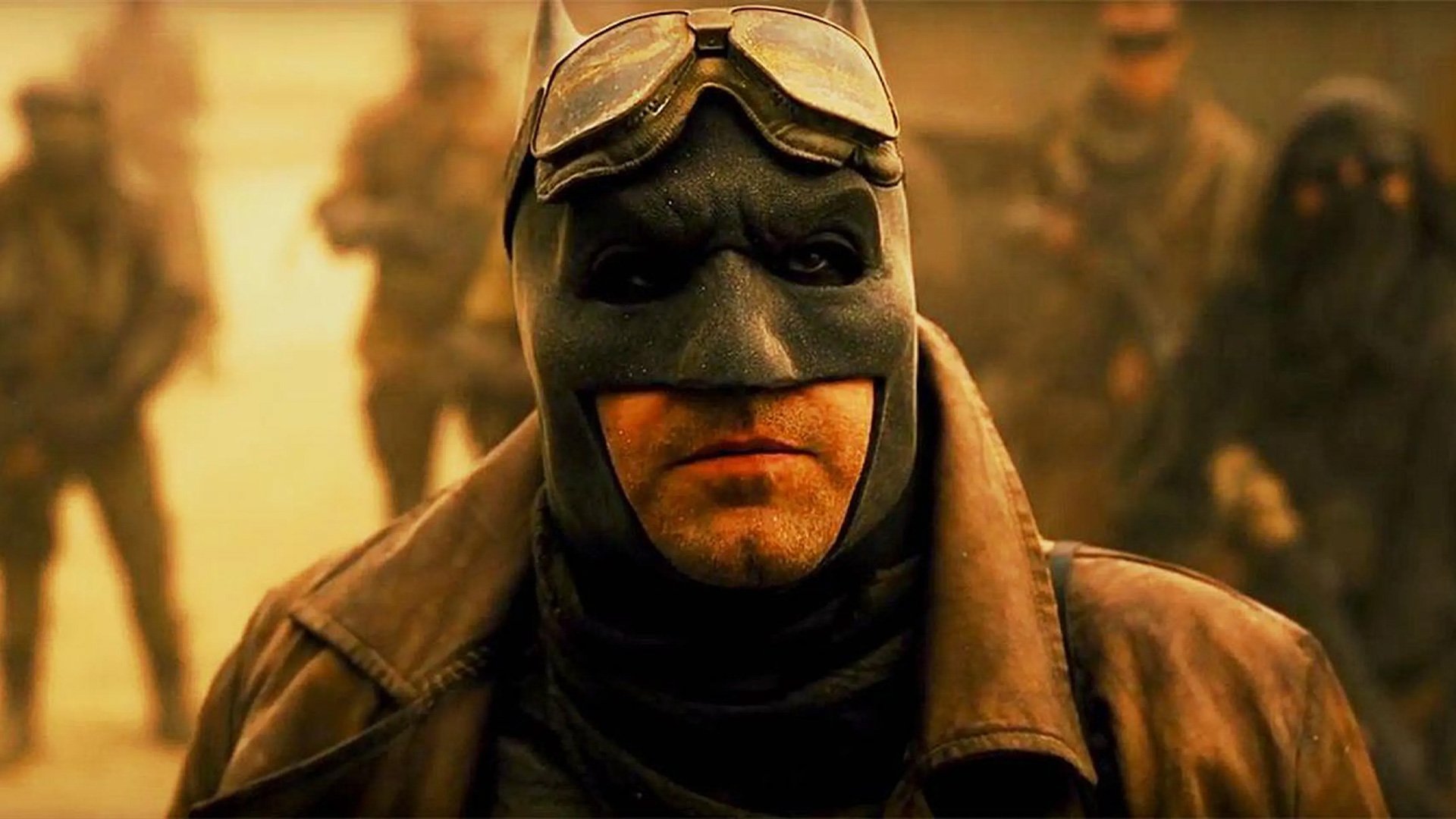
When it comes to Snyder’s unmade Justice League 2 and Justice League 3, Batman maintains his essential role on the Justice League, with his entire perspective on Superman flipped in the Knightmare timeline. After Darkseid conquers Earth, Superman really does become the world-ending threat that Batman feared when Darkseid places the Man of Steel under his control with the Anti-Life Equation, but this time, Batman is determined to save Superman from going down that dark path.
As seen in Snyder’s outline for the Justice League sequels, Batman manages to send The Flash into the past to prevent Darkseid’s murder of Lois and steer the world away from the Knightmare timeline. Batman would join the League in the final showdown with Darkseid, with the entire world behind them. In the end, the Dark Knight sacrifices his life to stop Darkseid and save the world, and this is where the parallel arcs of Batman and Superman really become clear in Snyder’s story.
Zack Snyder’s Take On Batman Is The Perfect Mirror For Superman – & Proves Superman’s Father Correct About Humanity
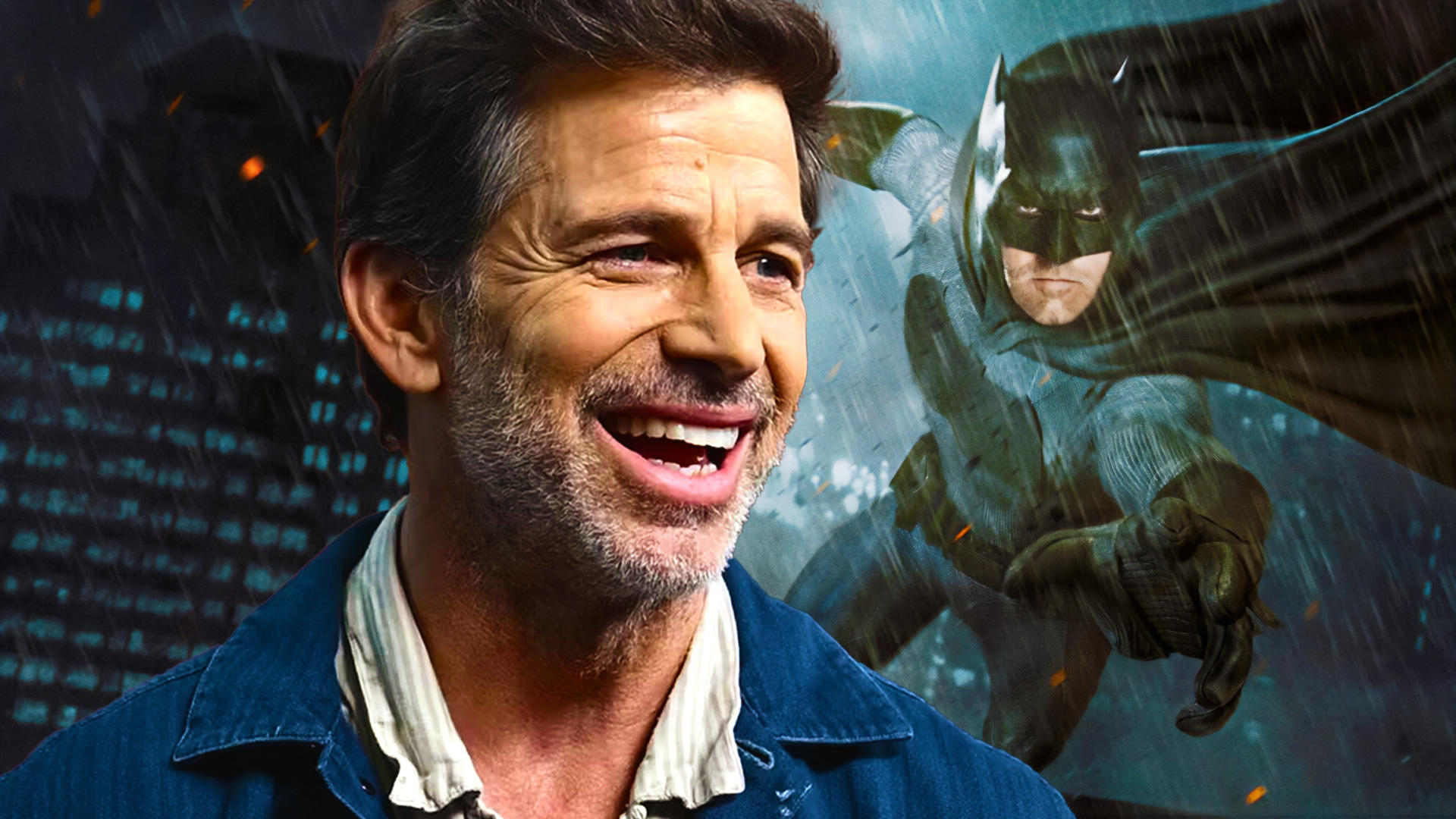
Superman embodies light battling a dark world as soon as he takes to the skies in Man of Steel, with his heroic sacrifice in Batman v Superman demonstrating the purity and goodness he has always personified to the world who once feared what he could do.
Batman, on the other hand, shows that same light of heroism being awakened from darkness by Superman’s example. Going from “We’ve seen what promises are worth” to “Faith Alfred, faith!”, Batman’s return from his once brutal ways culminates in him saving the world the same way Superman himself once did. For Snyder, Batman’s triumphant return to heroism and the emotional power of his sacrifice needs a contrast, and the Batman we see for most of Batman v Superman is that figure.
In the end, Batman is a kind of personification of the words of Jor-El (Russel Crowe) in Man of Steel about the meaning of Superman’s S-shield “That’s what this symbol means. The symbol of the House of El means ‘Hope’. Embodied within that hope is the fundamental belief in the potential of every person to be a force for good.” In Zack Snyder’s DCEU, there is no greater embodiment of that than Batman, a hero who loses his way and succumbs to the anger inside of him after being consumed by the feeling of powerlessness, rediscovers his faith in humanity after meeting Superman, and dies a true hero again. The devotion of Snyder’s dedicated fanbase exemplifies how much that redemption arc for Batman has resonated with so many fans around the world. Perhaps one day, if the well-known drive of Snyder’s fans strikes gold for a second time, the world just might get to see Zack Snyder’s arc for Batman brought to life at last.
RELATED: Ben Affleck’s Batman Was More Powerful Than Every Other Batman
Do you agree, does Zack Snyder understand Batman better than most filmmakers and fans?

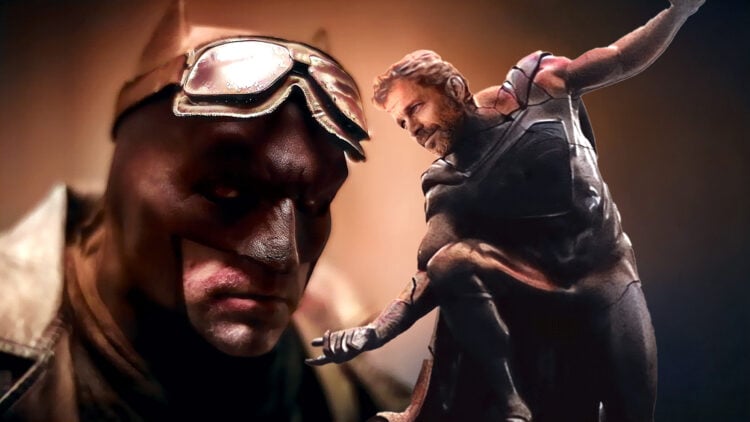


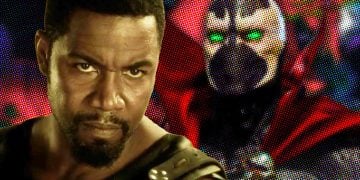

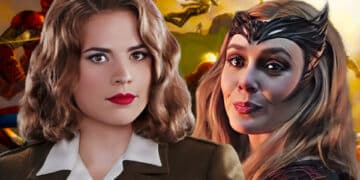
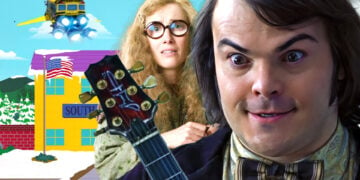
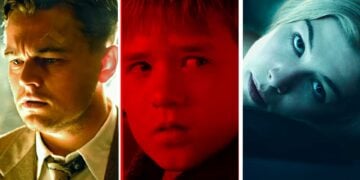
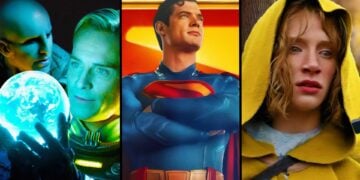
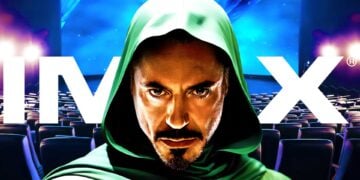
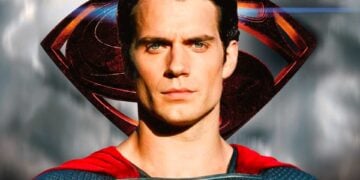

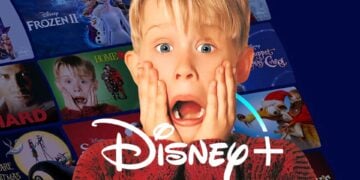
Yes I agree Zack Snyder did Batman better than anybody else except Tim Burton
Im sure he understand batman. he just didnt like him very much and chose to get rid of a fundamental aspect of him.
Once u make batman kill u don’t understand him…you ruin him. It’s not an understanding but his interpretation for his version.